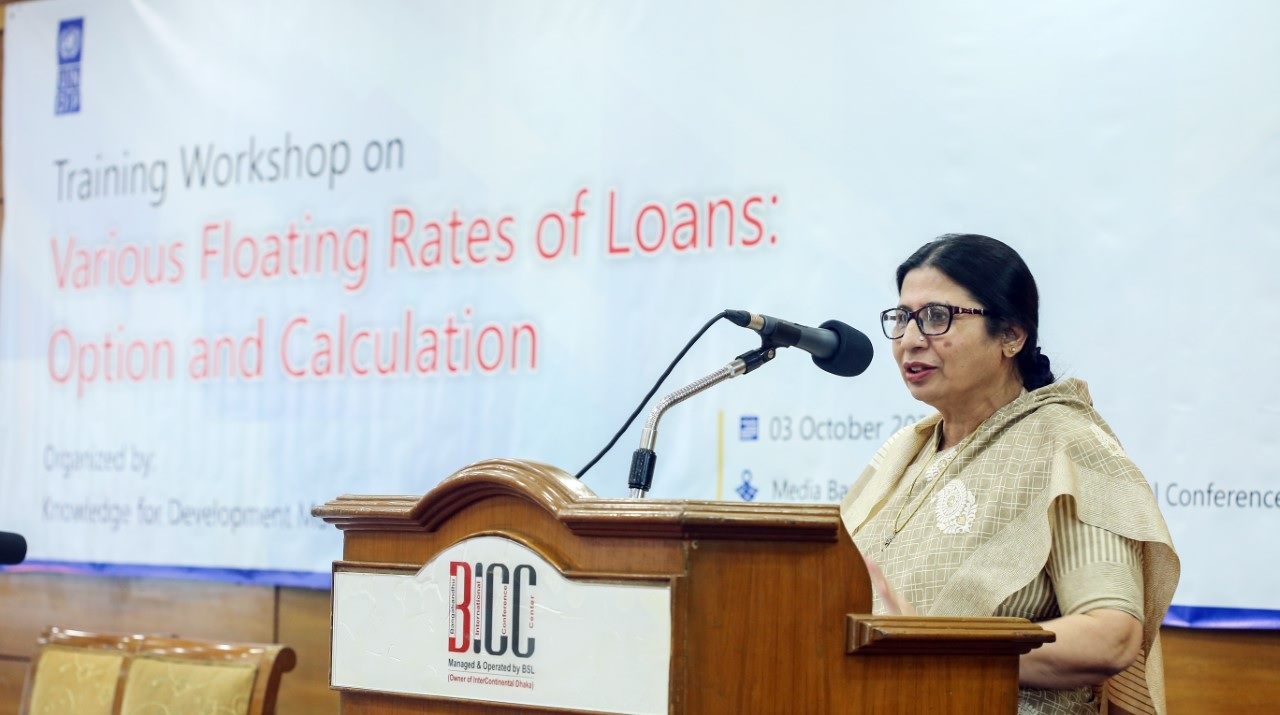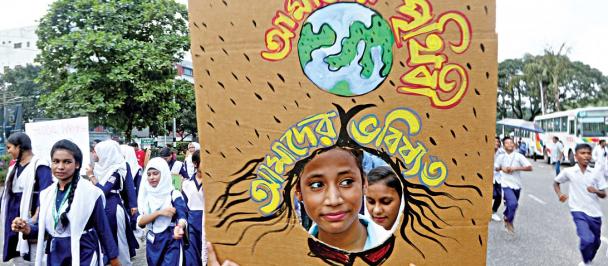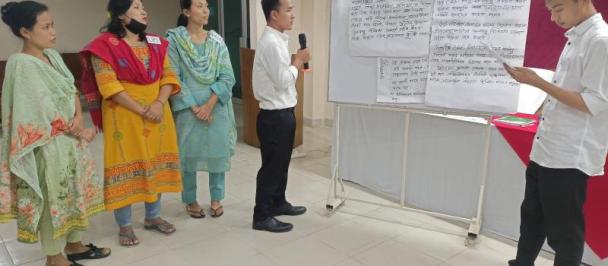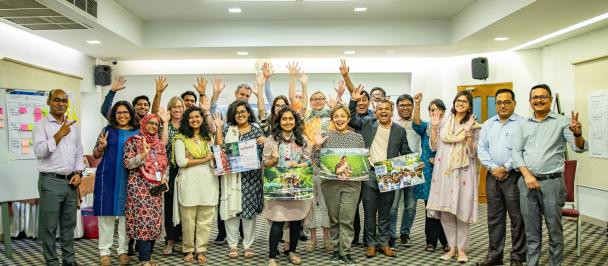Different options and calculations for different types of loans. And a hands-on training session on SOFR calculation.
Floating Rates of Loans: Option and Calculation
December 29, 2022

K4DM Phase-II organized a Training Workshop on 'Various Floating Rates of Loans: Option and Calculation' at Bangabandhu International Conference Center (BICC) on 03 October 2022 in participation of 70 ERD officials.
Ms. Sharifa Khan, Secretary of, Economic Relations Division (ERD) was present as the Chief Guest. Mr. Md. Mostafizur Rahman, Additional Secretary and Wing Chief (FABA & ICT), ERD, facilitated a session on the different options and calculations for different types of loans. Mr. Syed Ashrafuzzaman, Deputy Secretary (FABA-1), ERD took sessions on LIBOR and LIBOR transition, followed by a hands-on training session on SOFR calculation. Ms. Sheela Tasneem Haq, Senior Governance Specialist of UNDP Bangladesh was also present at the training workshop.

In the first session, Mr. Rahman discussed the importance of borrowing from foreign sources for different purposes, and different options for external borrowing from bilateral, multilateral, and commercial sources. He discussed the common terminologies for debt management, patterns of interest rate of different development partners, and factors to be considered in the scenario of LDC graduation and LIBOR transition with the examples of loan terms of IDA, ADB and JICA. In the second session by Mr. Ashrafuzzaman, the participants received a conceptual understanding of the LIBOR, the scenario of LIBOR-based loans in the country, the billing process of LIBOR-based loans, the background of LIBOR replacement, timelines involved in the transition, understanding of SOFR and its application, fundamentals of SOFR (determination authority, calculation methodology etc.) and risks of adopting SOFR.
The Chief Guest, in her speech, stressed proactively concentrating the efforts of ERD officials in enhancing their knowledge and skills for careful calculations and responsible decision-making in external resource mobilization. She also added that the challenges of ERD in resource mobilization are emerging. Now is the time for ERD officials to improve their analytical and planning skills to efficiently fulfil their responsibilities. She expressed her expectations that K4DM Phase-II will continue organizing intensive training and workshops like this, which will help ERD to create a pool of experts in the field among its officials by expanding their knowledge and analytical capacity.

 Locations
Locations


